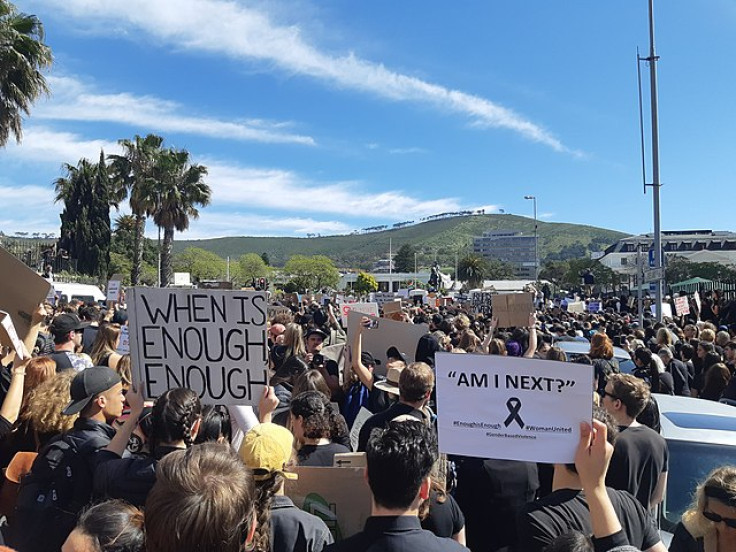
The surge in gender-based violence and the alarming rise in the number of women falling victim to femicide have ignited a fervent call for action and justice.
On Saturday, thousands of women took to the streets in major cities, brandishing placards advocating for an end to femicide.
The signs displayed powerful messages, including #StopKillingUs, #EndFemicideKe and #WeJustWantToLive.
Some placards featured the names of women who fell victim to violent acts in recent months, urging people to "Say Their Names" or emphasising "SheWasSomeone."
Moreover, tens of thousands of online posts surged, echoing the calls for an end to the alarming trend of violent killings.
Kenya, renowned for its scenic landscapes and vibrant culture, has recently faced a disturbing trend in femicide, a term used to describe the killing of women because of their gender.
The march, which saw diverse groups and individuals coming together, sought to bring attention to this grave issue and demand concrete measures from authorities to address the root causes of gender-based violence.
The catalyst for this unprecedented movement is the unsettling increase in femicide cases across the country.
Women, irrespective of their age or background, have fallen victim to brutal acts, prompting a collective outcry for justice and a societal shift towards gender equality.
Public outrage, discussions, and protests have erupted across the country, including in Nairobi, Kisumu, and Mombasa.
There have been alarming reports of a minimum of twelve femicide cases since the beginning of the year.
Advocacy groups and human rights organisations have joined forces to highlight the urgency of addressing the root causes that perpetuate such violence against women.
Authorities are being urged to implement and enforce stringent measures to protect women and hold perpetrators accountable for their actions.
The march against femicide serves not only as a demonstration of public discontent but also as a plea for the dismantling of patriarchal structures that contribute to the vulnerability of women.
The protesters are demanding comprehensive legal reforms to strengthen the judicial system's ability to prosecute perpetrators of femicide.
They argue that the current legal framework often falls short of delivering justice for victims and their families.
The calls for reform extend beyond legislation, encompassing educational initiatives aimed at fostering gender equality from an early age and dismantling harmful stereotypes that contribute to the normalisation of violence against women.
In addition to legislative changes, there is a growing demand for increased investment in support services for survivors of gender-based violence.
The marchers insist on the creation of safe spaces, counselling services, and hotlines to provide immediate assistance to those at risk and those who have experienced violence.
"Many people don't understand what femicide is. The circumstances of these murders are different from normal homicides ... so the fact that people are now more aware and they are speaking about this issue and even going to the streets to protest is so powerful, " shared Maria Angela Maina, a lawyer and gender equality advocate who took part in the protests.
The issue of femicide in Kenya is not isolated but part of a global epidemic that requires a collective effort to address.
International organisations and foreign governments have expressed solidarity with the marchers and are closely monitoring the situation.
The global community recognises the importance of standing together to eradicate gender-based violence, acknowledging that the fight against femicide extends beyond national borders.
Since 2016, Kenya has registered a minimum of 500 femicide cases, as reported by organisations tracking such incidents.
However, these figures might underestimate the true extent of the issue, considering unreported cases and instances where crucial details are omitted in police or media reports, leading to the misclassification of these tragic deaths.
The march against femicide in Kenya is a call for accountability, justice and a commitment to creating a society where women can live free from fear and violence.






